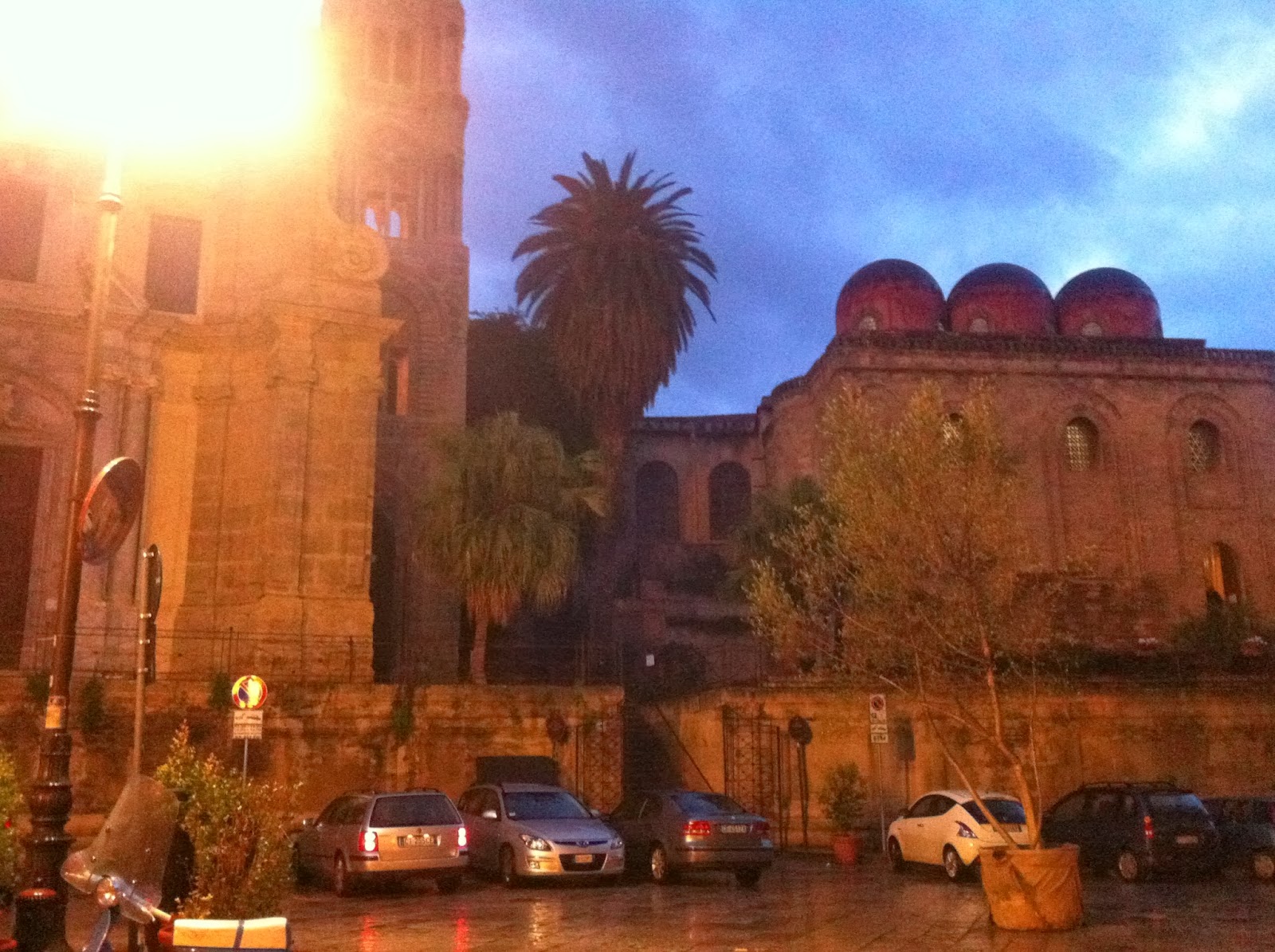When travelling and visiting new places, I much prefer to spend extended periods of time in one area in order to take in and understand as much about the people and culture as possible. Naturally, one can not do this with every place in the world in a lifetime and so I ended up limiting my preferred travel destinations to European countries. China had always been a completely strange and foreign land and I was happy keeping it that way.
I didn't expect to enjoy the trip so much. Well I didn't really know what to expect but I definitely did not expect wanting to extend my stay for as long as possible at the end (and that's not just because I wanted to have as much noodles and bubble tea as possible). In a city where the sound of the ice-cream van is really the street cleaning truck, where it's acceptable to sleep at any time of day on any surface and squatting is apparently the most comfortable way to sit (I still fall backwards every time I try), I slowly started to appreciate and really enjoy this new culture that I found myself in.
There is a beauty to the Chinese language that I had never appreciated or understood until I was lucky enough to spend these three weeks intensely studying the language and Chinese culture at Nanjing University. The language is simply structured without unnecessary changing of verb endings and it uses only words that are absolutely vital to the meaning of the phrase. I was won over by traditional Chinese philosophy, which points to the heart being able to think as well as the mind, although the debates during the lessons were intense with medics never ceasing to use science to prove otherwise and our lecturer suggesting that science is just another religion, which sparked even more discussions!
For a country with such a long history, it was sad to see and feel how much of it had been destroyed. Their "oldest" temples were buildings that had been rebuilt during the 20th century in tourist areas where we saw the expected authentic Chinese architecture which in actual fact had the feeling of a film set and had lost the 'sense' of history you often find when, for example, walking into an old church or castle in Europe.
I felt we were either treated like royalty or aliens. Outside of the olympics, which started while we were there, we were some of very few tourists, which resulted in constant stares (particularly at our height) and requests for photographs together - it was amazing to see that taking a photo with someone could make them so happy and excited. It's also hard to appreciate just how much people there are cut off from the western world - though attempts to show otherwise didn't go unnoticed with an abundance of western style shopping departments and brands. When we asked our favourite noodle lady to take a photo of us it seemed like she had never held a camera in her life...and this resulted in a very, very, very close-up picture of our faces.
The sheer number of people was also incredible. If you consider that London has a population of 8.5 million, Nanjing (which is just one of a group of big cities in China) has a population which matches that, not including 'urban' areas. So many people meant so many vehicles on very wide roads and with all their crazy driving - criss-crossing lanes and fitting entire families on one scooter - we still never saw a single accident!
Regretfully, my 40-hour mandarin course didn't mean that I was able to really converse with local people so I couldn't get a real sense of how it is to live in China without western influences, and anyone that could speak english well enough to explain to me had been educated in 'the West' so their view was slightly obscured to those who had never left the country and who, I feel, would have given a more realistic picture of daily life.
Back in the UK, I'm surprised to realise I really miss China. Upon my return I would hear people speaking mandarin and feel like I could pick up the odd words and at least understand the structure of the language while my stomach would be begging me for one more bubble tea and noodle lunch from our favourite street food lady. Maybe I'll be back sooner than I thought.
 |
| Unexplained abundance of watermelons on every corner |
 |
| Word of advice: approach this beverage step by step |
 |
| Buddhist incense |
 |
| A man transfixed by his kite |
 |
| Two types of Chinese dumplings - the bigger ones are often eaten for breakfast |
 |
| So so many lights |
 |
| Outdoor dining |
 |
| Casual corner store snack |































